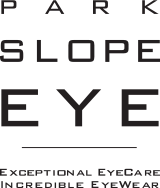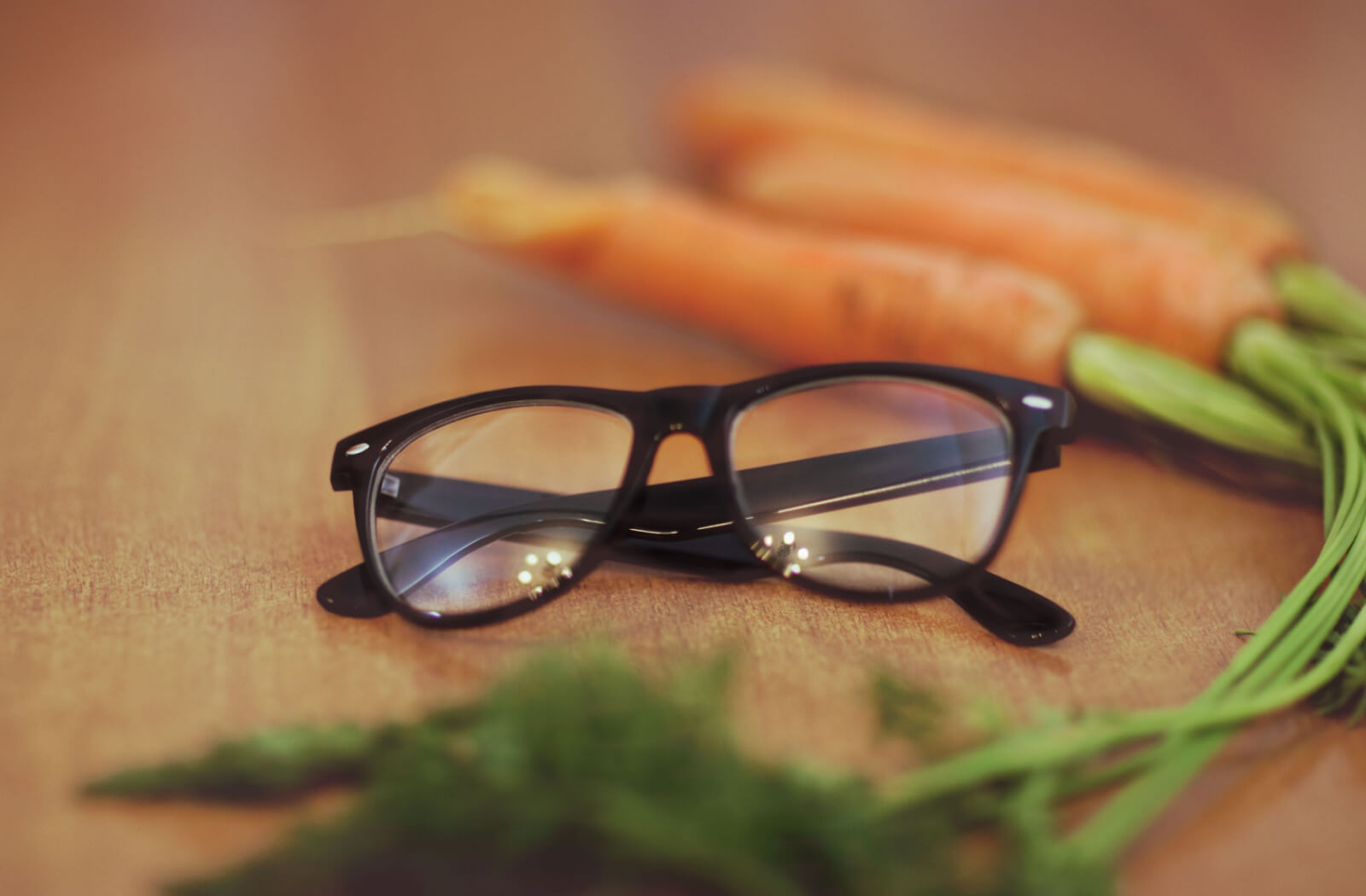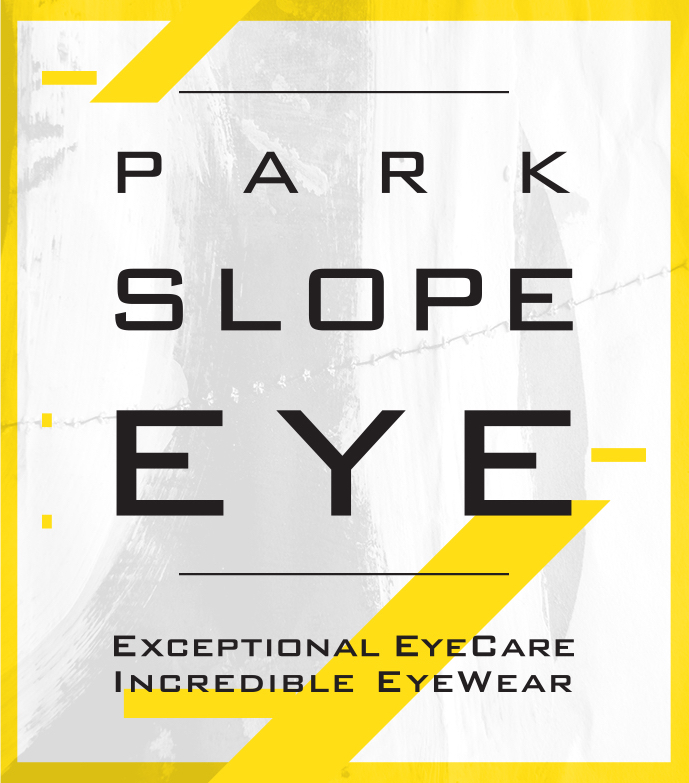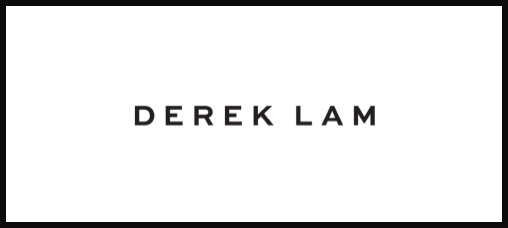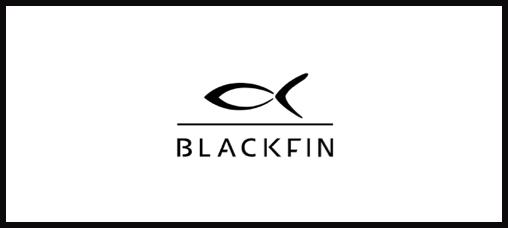When it comes to maintaining your eyesight, your diet plays a fundamental role. While several factors can contribute to poor vision, diet often plays a much bigger role than you think. Like every other part of your body, your eyes require essential nutrients to function properly, so it’s vital to know what nutrients your eyes need to keep them healthy.
You should eat foods rich in vitamins A through E—and keep an eye out for omega-3 fatty acids, zinc, and carotenoids. These nutrients are all essential for helping keep your eyesight strong and your vision clear.
The Link Between Vitamin A & Night Vision
Your eyes are incredibly complex and rely on various nutrients to properly do their job. Like your heart, brain, and muscles, the eyes need nourishment and get what they need through food.
If you’re missing an essential vitamin, you can begin to develop some problems. For example—people with a vitamin A deficiency quickly develop night blindness. Your eye needs vitamin A for a specific pigment in the retina needed for low-light vision, so when you don’t get enough vitamin A, your eyes won’t function as well in poor lighting conditions. Simply put, vitamin A helps you see at night!
This is just one example of how crucial your diet is for your eyes. It’s important to note, however, that if you start to have difficulty seeing at night, you shouldn’t start overdoing it on vitamin A, as this can lead to conditions like osteoporosis. If you have poor night vision, visit your optometrist for a comprehensive eye exam.
8 Essential Nutrients for Your Eyes
Vitamin A isn’t the only nutrient that helps your eyes—in fact, there are 8 essential nutrients that can keep them healthy. It’s important that you follow a balanced diet to help keep your eyesight strong.
Vitamin A
Vitamin A is known for maintaining retinal health. The retina is a layer of light-sensitive tissue at the back of the eye that converts light into electrical signals that are sent to the brain through the optic nerve. Vitamin A produces a pigment the retina uses to see in low-light conditions. It’s also a crucial part of healthy eye development in children.
It’s found in:
- Sweet potatoes
- Carrots
- Spinach, kale, and most leafy greens
- Dairy products like milk and cheese
- Broccoli
- Eggs
B Vitamins
3 B vitamins benefit the eyes:
- B6
- B9
- B12
They’re crucial for reducing inflammation and help protect the eye from damage that can lead to cataracts or macular degeneration.
They’re found in:
- Poultry
- Beef
- Most seafood
- Leafy greens
- Dairy products
- Bananas
- Beans (such as black beans and chickpeas)
- Fortified cereals
- Eggs
Vitamin C
Vitamin C is an antioxidant. It helps keep your immune system strong and fight off free radicals. And it helps keep the blood vessels healthy!
You can find vitamin C in:
- Oranges and other citrus fruits
- Strawberries
- Red and green bell peppers
- Kiwifruit
- Broccoli
Vitamin D
Vitamin D, the “sunshine vitamin,” is synthesized in our skin as a response to sunlight but is present in plenty of foods. It’s important for overall eye health and has been shown that it may protect against ocular diseases like cataracts and macular degeneration.
You can find vitamin D in:
- Fatty fish like salmon, tuna, and mackerel
- Fortified cereals and dairy products
- Egg yolks
Vitamin E
Vitamin E is an antioxidant and fat-soluble vitamin, meaning your body stores it for later use. Vitamin E helps protect the cells in your eyes from free radicals and other damaging cells.
You can find vitamin E in:
- Almonds
- Spinach
- Sunflower seeds
- Avocados
Omega-3 Fatty Acids
Omega-3 fatty acids are essential for tear production and are abundant in the brain and retina, with a specific type of omega-3 vital for maintaining the eyes’ photoreceptors. Omega-3s also have anti-inflammatory properties and may protect against certain eye diseases.
You can find these in:
- Fatty fish like salmon, mackerel and tuna
- Flaxseeds
- Chia seeds
- Walnuts
- Soybeans
- Tofu
Lutein & Zeaxanthin
Lutein and zeaxanthin are carotenoids that protect the eyes from damage. They’re found in high concentrations in the macula, the part of the retina responsible for sharp central vision.
You can find these in:
- Spinach and other leafy green vegetables
- Broccoli
- Zucchini
- Brussel sprouts
- Corn
- Eggs
- Citrus fruits
Zinc
Zinc is a mineral that plays a crucial role in the eye—it helps your body absorb vitamin A and other nutrients. Without zinc in your diet, your eyes need to work harder to get what they need.
You can find zinc in many foods, like:
- Red meat
- Poultry
- Seafood
- Most dairy products
- Beans
- Nuts and seeds
- Whole grains
- Some types of fruits like avocados and blackberries
Vitamin-Rich Foods for Eyes
Now that you know what nutrients your eyes need, it’s time to think about how you’d like to get them. Fortunately, there are many ways you can do this—like through a spinach and carrot salad with a lemon-tahini dressing.
Gather your ingredients:
- 2 cups fresh spinach
- 2 carrots, grated
- 1/4 cup toasted almonds, chopped
- 1/4 cup dried cranberries
For the lemon-tahini dressing, you need:
- 2 tablespoons tahini
- 2 tablespoons fresh lemon juice
- 1 tablespoon olive oil
- 1 clove garlic, minced
To make the dressing, whisk together the lemon juice, tahini, oil, garlic, and spices, then set it aside for a bit.
In a large salad bowl, toss the vegetables, almonds, and berries together so they’re mixed well. Then, drizzle the dressing over them. Use as little or as much as you’d like! Toss everything together again to make sure the food is evenly coated, then serve cold.
These ingredients all have the nutrients your eyes need. The spinach is full of vitamins A and E, while the carrots provide beta-carotene, which turns into vitamin A in your body. The almonds have plenty of vitamin E, while the cranberries are rich in antioxidants. And the dressing itself adds healthy fats to your diet, so all your bases are covered.
Take Care of Your Eyes
Your diet plays a crucial role in protecting and preserving your eye health! Our team at Park Slope Eye can help you understand what nutrients your eyes need and how you can support your vision. Book an appointment with us today, and let us help keep your eyesight strong.
